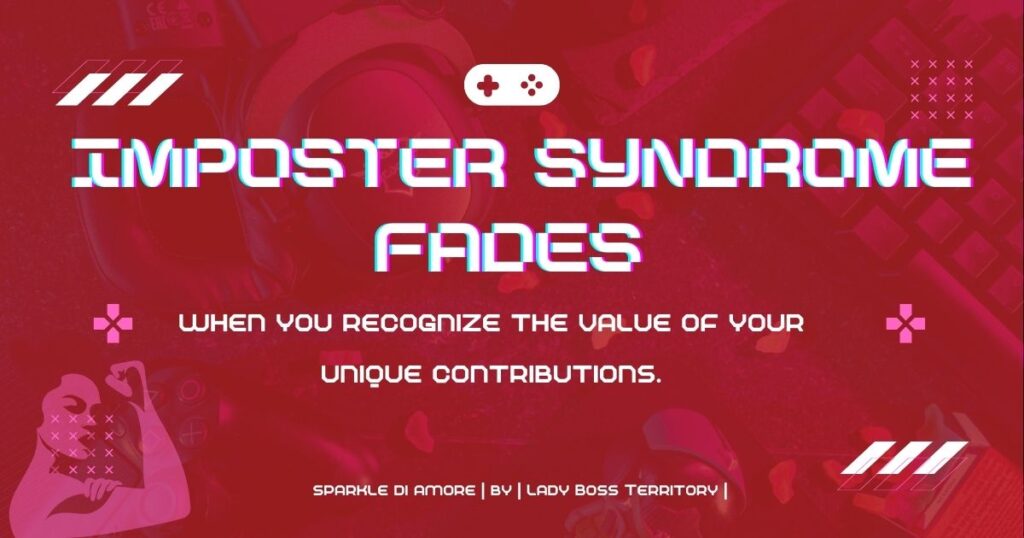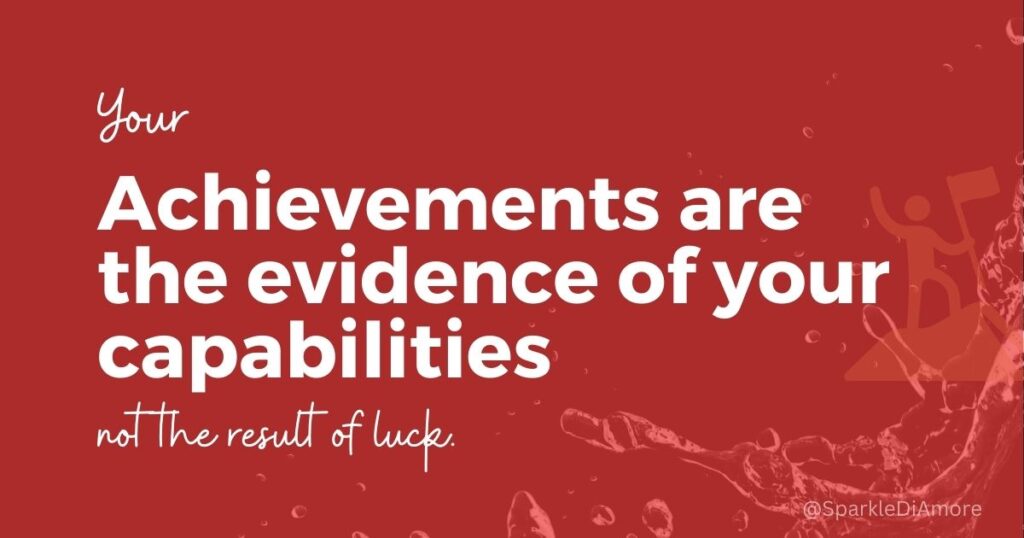
The face behind the hustle here
Introduction
Have you ever felt like a total fraud?
No matter what you achieve, do you always feel like someone will point at you and say, “Hey, you don’t belong here!”? That’s imposter syndrome. It sneaks up on everyone but seems to target women entrepreneurs especially. It’s that nagging self-doubt, feeling inadequate despite evidence that you’re more than capable—a constant fear of being “found out.”
This mindset is no fun and can hold back both personal and professional growth. But wait! We’re not here to dwell on it. This article breaks down what imposter syndrome is, where it comes from, the different types, and practical ways to beat it. Plus, we’ll share confidence-boosting tips so women entrepreneurs can proudly own their success.
Understanding Imposter Syndrome
What Is It?
Imposter syndrome—Have you ever heard of the impostor phenomenon or fraud syndrome? Same deal! Psychologists Pauline Clance and Suzanne Imes first spotted this bad boy in the ’70s among high-achieving women. It’s when someone believes their success comes from luck or tricking others rather than their own hard work.
So what’s going on? Deep dive time: Persistent self-doubt creeps in despite evident accomplishments. Chronic self-criticism? Check. Are you downplaying achievements? Double check! Are you constantly fearing exposure as a phony? Triple check!
Causes and Triggers
Where does this uninvited guest come from anyway?
Internal Factors: Personality Traits
Some personality traits—perfectionism and low self-esteem—can ramp up feelings of inadequacy. Sound familiar? These traits drag individuals into an endless loop of setting impossibly high standards and never feeling good enough.
External Factors: Environmental Influences
Your environment plays a role, too! Family dynamics, school experiences, and even workplace culture can feed into your imposter feelings. Have you ever been surrounded by stereotypes or lacked positive reinforcement growing up?
The Role of Culture and Society
For women entrepreneurs especially, societal norms don’t make things easier. Gender stereotypes and discrimination add extra weight to those shoulders.

Types of Imposter Syndrome
Curious how differently this can manifest?
1. **The Perfectionist** sets bar-high standards impossible to reach.
2. **The Expert** thinks they need infinite knowledge before they’re competent.
3. **The Soloist** avoids help—asking might expose them!
4. **The Superhuman** juggles everything at once; feels they constantly need proving.
I know—it’s exhausting just reading that list!
Identifying Imposter Syndrome in Yourself
Self-Assessment Techniques
How do YOU spot impostor feelings lurking around?
- Reflective Journaling: Write down thoughts; recognize patterns.
- Behavioral Tracking: Note behaviors like procrastination linked to self-doubt.
Online Assessment Tools
Yep—they exist!
Recognizing the Signs
Do these ring any bells?
1. Chronic Self-Doubt & Perfectionism
2. Fear Of Failure AND Success (a double whammy)
3. Overworking Or Procrastinating (with nothing useful getting done)
Understanding Personal Patterns
Analyze past experiences:
Identify triggers.
Dig deep into recurring thought patterns contributing toward that pesky doubt.

Strategies For Overcoming Imposter Syndrome
Here we go—the meat and potatoes-(ish):
Cognitive Behavioral Techniques
Combat negative thoughts through Cognitive Behavioral Therapy:
1. Restructure Negative Thoughts
2. Practice Self-compassion
3. Challenge Cognitive Distortions (wow, doesn’t THAT sound fancy?)
Read about Mastering Emotional Intelligence here
Building A Support Network
Don’t go solo!
1. Seek Mentorship—with experienced peeps offering guidance.
2. Share Experiences with peers who get it!
3. Professional Counseling if needed (seriously!)
Develop Practical Skills:
Set realistic goals; celebrate every win—even small ones count towards mastery building over time using a continuous learning/training approach systematically focused purely initiated programs targeted designed, specially crafted, carefully construed idealistically inherently PLEASE… stop okay point taken 😊).
Building & Sustaining Confidence
Developing and maintaining confidence is a daily practice that nurtures a resilient and constructive outlook. It’s about fostering a healthy, achievement-oriented perspective with a vision-based approach. Consistency in these practices leads to a sense of triumph and fulfillment.
Confidence is built on understanding and celebrating small victories while embracing long-term habits. This journey is about internalizing authentic principles and creating a narrative that resonates with your true self. It’s a joyful, aspirational path that illuminates your potential and reflects an entrepreneurial spirit.
A confident outlook is marked by purposeful endeavors that you cherish and live richly. It promotes a sense of boundless possibilities and universal well-being, utilizing collective harmony and unity. This vibrant alignment creates a lasting legacy of perceived and actualized potential.
The journey of confidence is adventurous and impactful, turning dreams into achievable realities. It’s about embracing a transformative ethos and awakening to a joyous, glorious existence. This overarching journey is pursued with love, enthusiasm, creativity, and dynamic energy, leading to valued realizations.
Confidence brings a harmonious chorus of mutually euphoric celebrations and holistic ventures. It encapsulates a spirit of rapturous possibilities, shining brightly with limitless potential. The future, rich with luminous essence, invites you to live in the NOW with a heartening sense of exuberance and creativity.
Ultimately, confidence is an ecstatic, prodigious force that promotes eternal love and creativity. It propels you forward with joy, leading to remarkable achievements and a thriving, buoyant existence beyond the ordinary.
Conclusion
Conquering imposter syndrome is essential for both personal and career growth, especially for women entrepreneurs. By understanding its roots and recognizing its manifestations, you can start dismantling the barriers it creates. Employing practical methods like cognitive-behavioral techniques, building a solid network support, and continuously enhancing your skills can transform self-doubt into confidence. Remember, gaining confidence isn’t an overnight task—it requires ongoing effort, self-reflection, and celebrating even minor successes. Embrace your unique path, seek assistance when needed, and trust in your worth. Your accomplishments are real and well-earned. Take pride in your achievements and let your true potential shine
20 Savage Quotes for Female Entrepreneurs – Empowering Women to Forge Their Paths!

